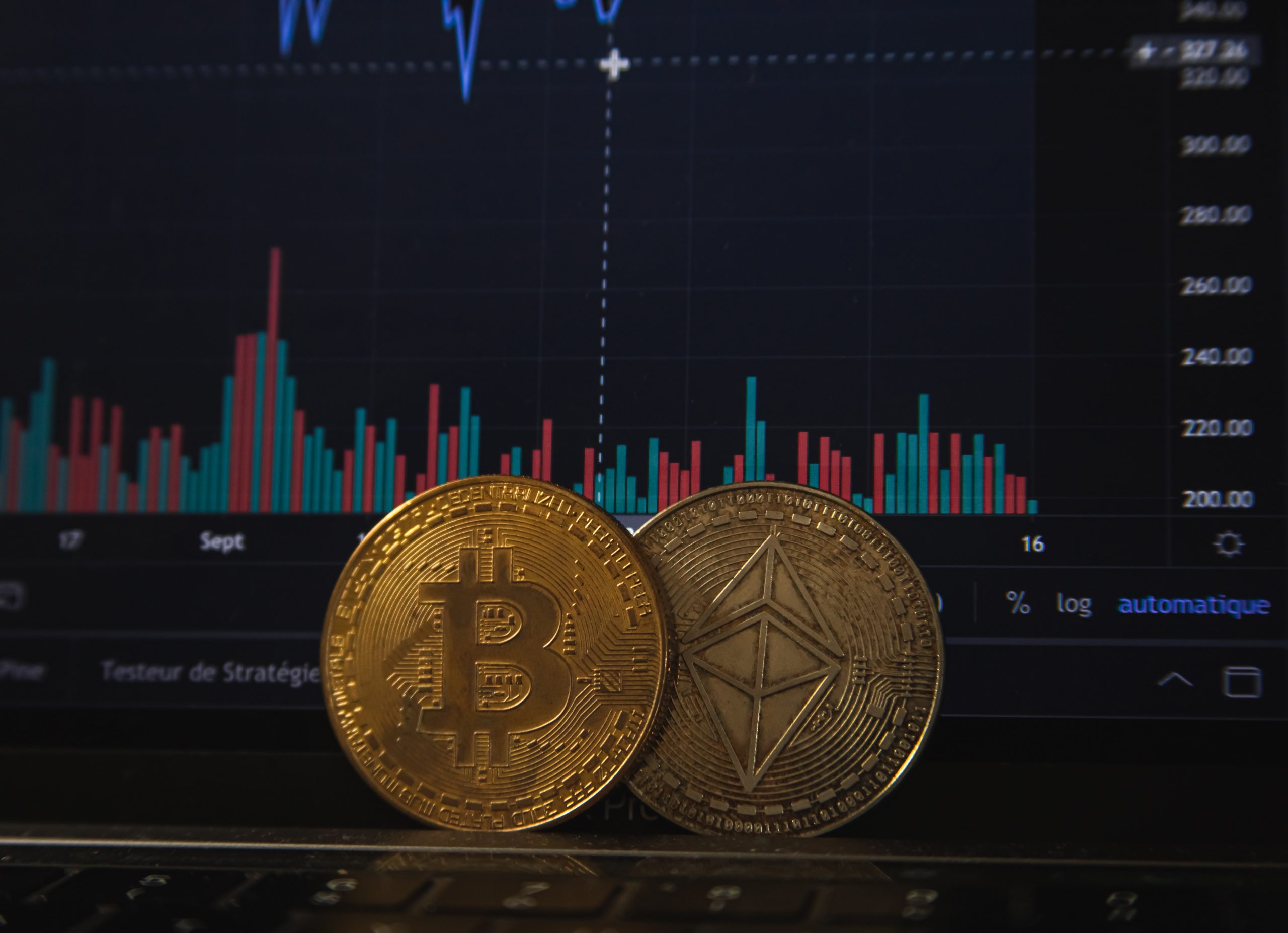In the near future, the world economy will be faced with a number of pressing issues. Among them are climate change, dwindling resources, population growth, and income inequality. All of these factors will have a profound impact on the way we live and do business. In order to address these challenges, we need to rethink the way we manage our resources. We must move away from an economy that is based on consumption and growth, and toward one that is sustainable and equitable. Here are some specific examples of how economics may change in the future:
The Rise of The Sharing Economy
With resources becoming increasingly scarce, we will see a shift towards a sharing economy. This means that instead of owning material goods, we will share them among a community. For example, we may use a car sharing service instead of owning a car, or borrow tools from a neighbor instead of buying our own.
Traditional Jobs

The traditional 9-5 job will become increasingly obsolete. With advances in technology, many jobs can be done remotely or by machines. This will lead to a rise in freelance work and the gig economy.
New Currencies
With the traditional economy in flux, we may see the rise of new kinds of currency. Bitcoin and other cryptocurrencies are already gaining in popularity, and we may see more countries adopting them as official tender. You will be able to exchange them on different online platforms. Imagine how useful it can be during gambling HellSpin.
A Global Carbon Tax
As the effects of climate change become more apparent, we will likely see a carbon tax imposed on countries and businesses in an effort to reduce greenhouse gas emissions.
A Universal Basic Income

As automation takes over more and more jobs, there will be a growing number of people who are unemployed. To address this, some countries are considering giving everyone a basic income, regardless of whether they work or not.
A Focus on Sustainability
As we become more aware of the limited resources of our planet, we will start to see a shift in focus from economic growth to sustainability. This means that businesses will be focused on creating products and services that are environmentally friendly and that don’t use up too much of the earth’s resources.
Green World Policy
As we become more aware of the environmental damage caused by fossil fuels, we will start to see a move away from them. This could mean investing in renewable energy sources such as solar and wind power and using electric cars instead of petrol or diesel ones.
In the past, the success of a country or a company has been measured by its GDP. However, this doesn’t take into account factors such as environmental damage or income inequality. In the future, we may start to measure success in terms of sustainability and the well-being of citizens.
